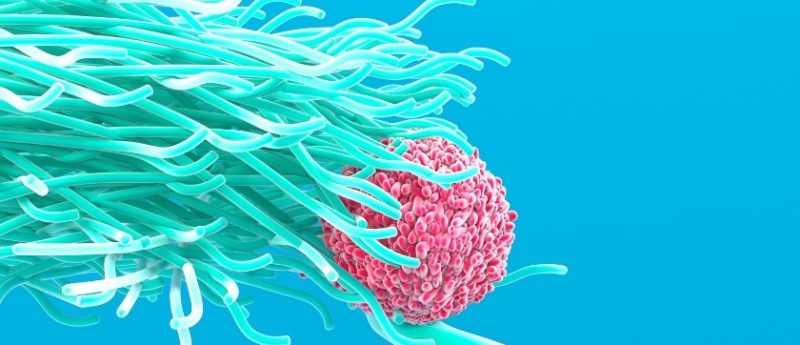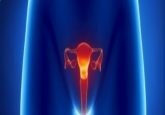Contribution of ER and NF-κB to endocrine resistance in inflammatory breast cancer

Inflammatory breast cancer (IBC) is a very aggressive form of breast cancer with a high mortality rate. Most patients have lymph node metastasis at the time of diagnosis and 30% of patients already have metastases in distant organs. IBC is normally treated with multimodality therapy. Endocrine therapy is administered in cases of ER-positive tumors. Nevertheless, IBC has a high HOXB13:Il17RB ratio, predicting a poor response to tamoxifen treatment. These data suggest a possible role for IBC as a model for endocrine resistance. Previous studies have shown that NF-κB, a transcription factor regulating different cellular processes, is more highly activated in IBC than in non-IBC, while ER is often downregulated in this tumor type. This article summarizes the activity of ER and NF-κB in IBC and their possible contribution to endocrine resistance in this breast cancer subtype.
Click here to view full article.





